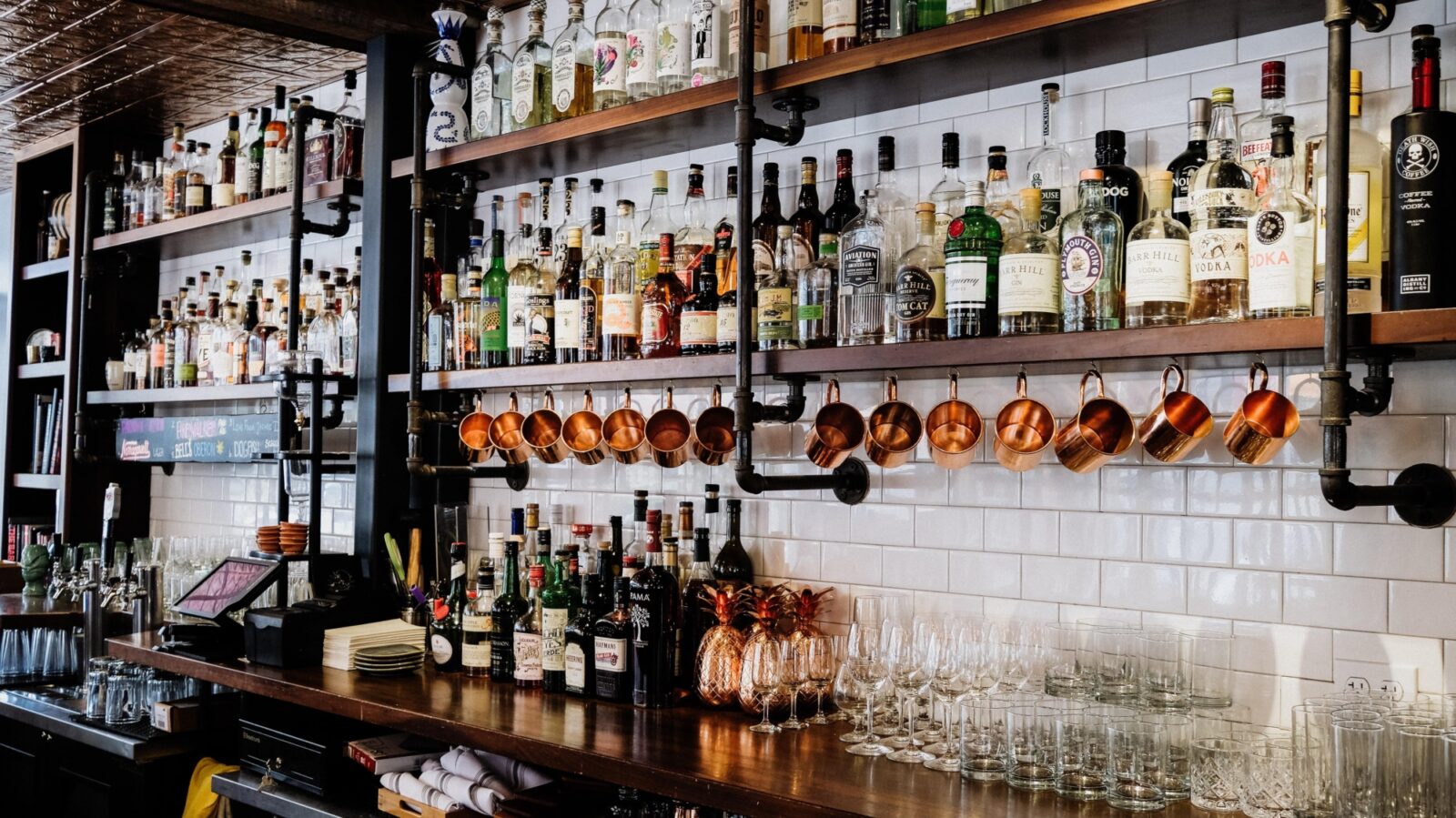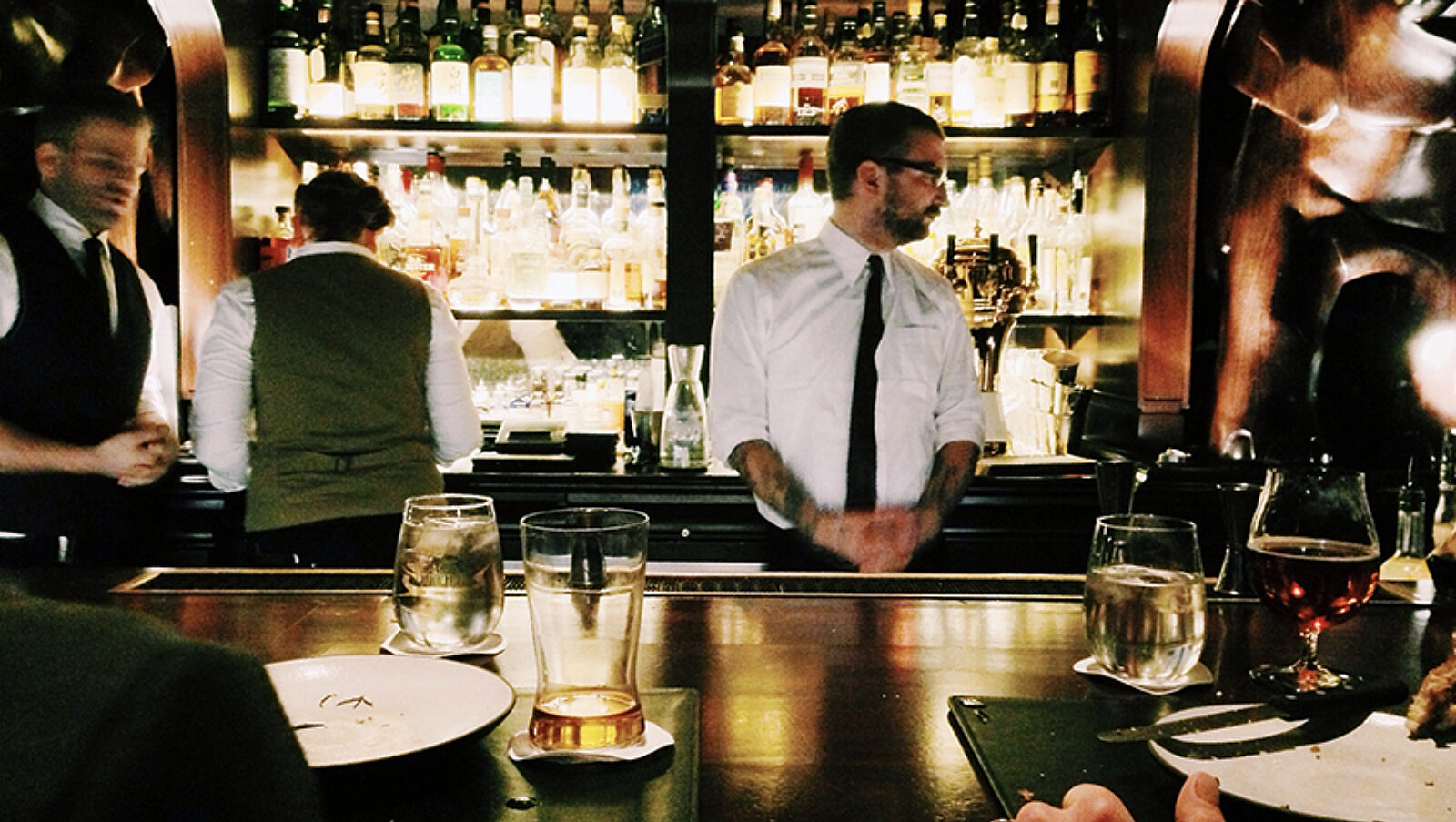
Distillery Equipment List: Equipment Needed to Start a Distillery (2024)
Learn about the major pieces of equipment a distillery needs to operate and how to choose them to create an efficient and effective operation.
Marcel DeerAuthor


Restaurant Floor Plan Templates
Use these restaurant floor plan templates to get inspired as you map, or reimagine, the layout and space setup for your restaurant.
Get free downloadAre you thinking about opening a distillery?
There are roughly 1500 distilleries in the US alone, and over 20,000 people working in this industry. In 2022, the whole industry was worth a whopping $17.2 billion and has grown 2.5% per year over the last five years. This trend looks set to continue making now a very good time to into the business.
If you have experience distilling spirits, you know that having great equipment makes all the difference. You need equipment that’s reliable, efficient, and easy to keep clean to create a high-quality product. When your equipment performs well, it keeps your overall efficiency high and allows you to streamline your operations. So, what distillery equipment do you need, and how can you source it? We’re going to explore all that and more in this article.
In this article, you will learn about:
the equipment needed to run a distillery
technologies that can help streamline operations
how to source great distillery equipment
Restaurant Floor Plan Templates
Use these restaurant floor plan templates to get inspired as you map, or reimagine, the layout and space setup for your restaurant.

Ultimate Distillery Equipment List
In this distillery equipment list, we will look at all the major components of a distillation system. We will also examine the tools and equipment necessary for smooth operations, cleanliness, and safety.
Mash and Fermentation Equipment
Before you even start distilling, you need to create your mash and get it fermenting to start alcohol production. Whether you’re going to ferment corn, wheat, barley, or any other grain, you should have the right vessels to get the job done.
1. Mash Tun - The mash tun is where it all starts. It’s here that you mix your grist (ground malt) with water under controlled temperatures. This gentle heating causes saccharification, converting the starches to fermentable sugars. This tun will have a false bottom with a screen used to separate the spent grains from the liquid. That gives you a wort that’s ready to undergo fermentation.
2. Fermentation Vessels – A fermentation vessel is a large tank where the yeast added to the wort will ferment its sugars into alcohol. It’s crucial to control the temperature and hold it over several days while you do your ferment. The fermenter also needs to have a pressure release valve that will continually release gas produced by fermentation. Depending on how much you intend to produce at your distillery, you may require multiple fermenters, which you’ll fill up on a staggered schedule.
Distillation Equipment
Once the wort has fermented, you have alcohol. To reach liquor concentrations, though, it must be distilled. There are two main ways to distill your wort into alcohol, and each one uses different equipment.
3. Pumps – If you’re going to be producing small batches of liquor, you may be able to do everything by hand. However, larger distilleries depend on pumps to move liquids from place to place safely and efficiently. A mid-sized distillery may be able to get by with just two pumps – one wort pump and one high-proof pump.
4. Pot Still – A pot still is exactly how it sounds. This is a giant pot in which you boil your wort in one big batch. It looks like a large kettle with a lid that tapers up to a small tube from which gases can escape. Pot stills are great for producing big batches of full-flavored spirits like tequila or single-malt whiskey. However, they require downtime to clean and re-fill, so they’re not very efficient.
5. Column Still – A column still, on the other hand, is constructed of a tube (the distillation column) and a vertical series of distillation plates that hold liquid and allow it to vaporize. Column stills can be used continuously because distillation can occur even while new fermented wort is added. However, they often don’t impart as much flavor as pot stills and, therefore, are used for lighter-flavored spirits like vodka, rum, and gin.
Cooling, Filtration, and Storage Equipment
Once you begin boiling your mash to evaporate the alcohol, the resulting spirit must be collected and stored. The final product will be a spirit, but it may not be finished yet. Filtration and aging steps are often necessary to allow flavors to fully develop.
6. Condenser – The condenser is essentially a coiled tube that allows the evaporated spirit to cool and condense. It will then drip down into a tank that collects your high-proof product. In many cases, this product is run through the still again for “stripping” or removing water to concentrate the alcohol. A condenser is necessary for each still you use.
7. Filtration Equipment – You may choose to filter your distillation products before storing them. You can use bag filters, filter cartridges, or filter sheets to remove particulates, clarify dark spirits, and add polish to white spirits.
8. Storage and Aging Vessels – When distillation is complete, you will be left with a product that needs storage and potentially aging before you can bottle and sell it. There are different storage container options with the most common being stainless tanks and traditional oak barrels.
Cleaning and Safety Equipment
Your distillery will need more than just a great still to make it an appropriate place to produce quality spirits. You will also need various equipment to help ensure the cleanliness of your production areas and the safety of your workers. These items will enable you to do just that.
9. Ventilation – Heat and vapor can produce health and safety concerns if not properly dealt with. Utilizing blowers and extractor fans will help to create a safe working environment in your distillery.
10. Sinks – You must have industrial sinks to wash the medium and large components of your set-up. Choose sinks that are easy to keep clean (stainless steel) and large enough to help you clean up effectively.
11. Dishwasher – An industrial dishwasher will keep your smaller components spotless and sterile. Look for a machine with an appropriate capacity and a great efficiency rating.
12. Fire extinguishers – You will face a lot of hot alcohol vapor in your distillery, which is volatile and potentially explosive. That being said, it is mandatory to have fire extinguishers on hand to keep in line with regulations and protect your facility from danger.
Distillery Technology
Using the right technology can streamline operations and make a distillery more efficient. A Point of Sale system (POS) will make all your transactions quick and convenient. Once you are in production, it's time to start marketing and selling your spirits. Reporting and analytics tools can help you find trends and tighten up these activities. Inventory management tools will help you track your inventory and product details, such as location, production date, and more. Finally, Payroll and team management tools can help you keep your staff happy with prompt payments and easy scheduling.
Things to Consider Before Purchasing Distillery Equipment
If you’re fully committed to opening up your distillery business, it’s important to source and purchase all the necessary equipment to get set up. Here are some of the major points to consider when purchasing your equipment:
Quality
High-quality equipment is expensive for a good reason – it lasts and gets the job done right. While you might be tempted to buy cheaper equipment, consider the cost of repairs, earlier replacement, and downtime for new installation as part of your calculation.
Space Considerations
There’s no reason to get lots of large equipment if you don’t have room to house it. Think about the floor space of your facility and manage your storage capacity appropriately.
Pricing
Of course, you want to get the best equipment you can for the lowest price possible. But, everything has to fit within your budget. So consider which pieces of equipment should be of the highest quality and which you can afford to purchase for less.
Ease of Use and Cleaning
If you can’t keep your equipment clean, you can risk losing large batches of product to contamination. Therefore, choose equipment that you can easily and effectively clean and sterilize.
New vs. Used
New equipment is more costly, but it will be in perfect working order and should last longer. Used equipment can save you a lot of money; however, you will have a lot less selection, and you will have to put some of your savings back into maintenance and repair.
Buying vs. Leasing
Is there another way to save money on equipment? Leasing is one possibility. While it will cost you more money in the long term, leasing allows you to spread your payments over an extended period. This can dramatically lower your start-up costs, giving you access to more capital to help you get your business off the ground.
Distillery Equipment Summary
Equipment for a distillery represents a major investment, making it important to select your equipment carefully. We’ve seen the main pieces of distillery equipment you need to get your business up and running. Not just that - there are also technological tools you may require to streamline your operations and improve your efficiency. Once you effectively choose the equipment and tools for your distillery, you will only be closer to distilling and producing the top-quality spirits you’ve always wanted.
Restaurant Opening Calculator
This calculator lays out some of the fundamental financial costs of opening a restaurant, so you can start planning and bring your dream restaurant to life.

Is this article helpful?
DISCLAIMER: This information is provided for general informational purposes only, and publication does not constitute an endorsement. Toast does not warrant the accuracy or completeness of any information, text, graphics, links, or other items contained within this content. Toast does not guarantee you will achieve any specific results if you follow any advice herein. It may be advisable for you to consult with a professional such as a lawyer, accountant, or business advisor for advice specific to your situation.
Read More
Subscribe to On the Line
Sign up to get industry intel, advice, tools, and honest takes from real people tackling their restaurants’ greatest challenges.



